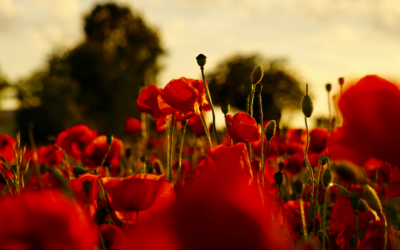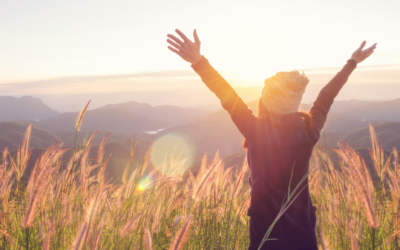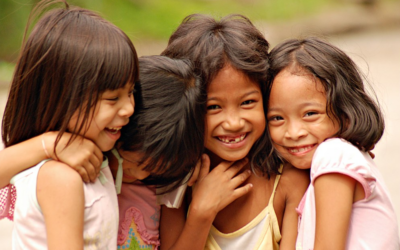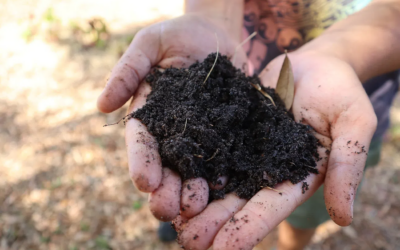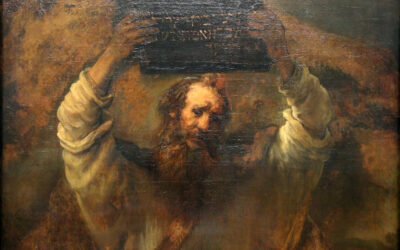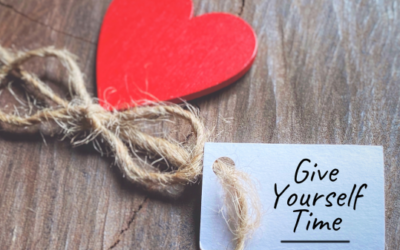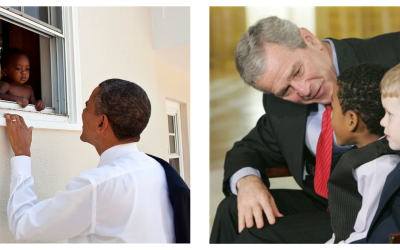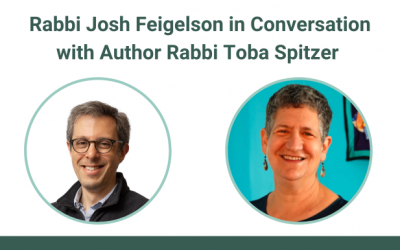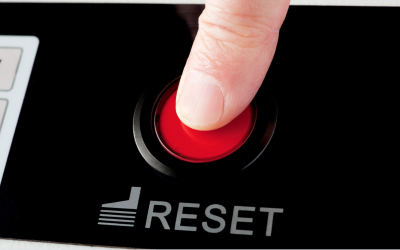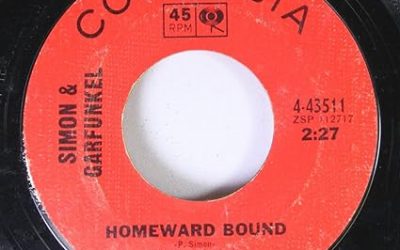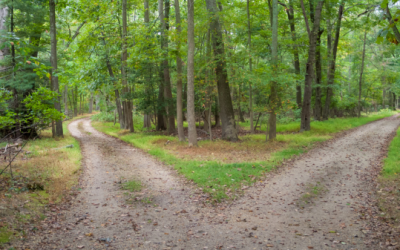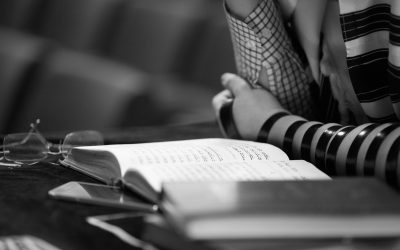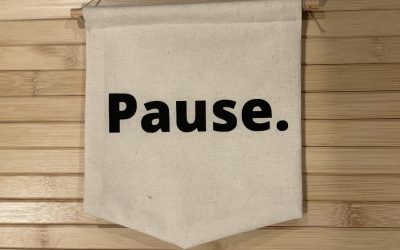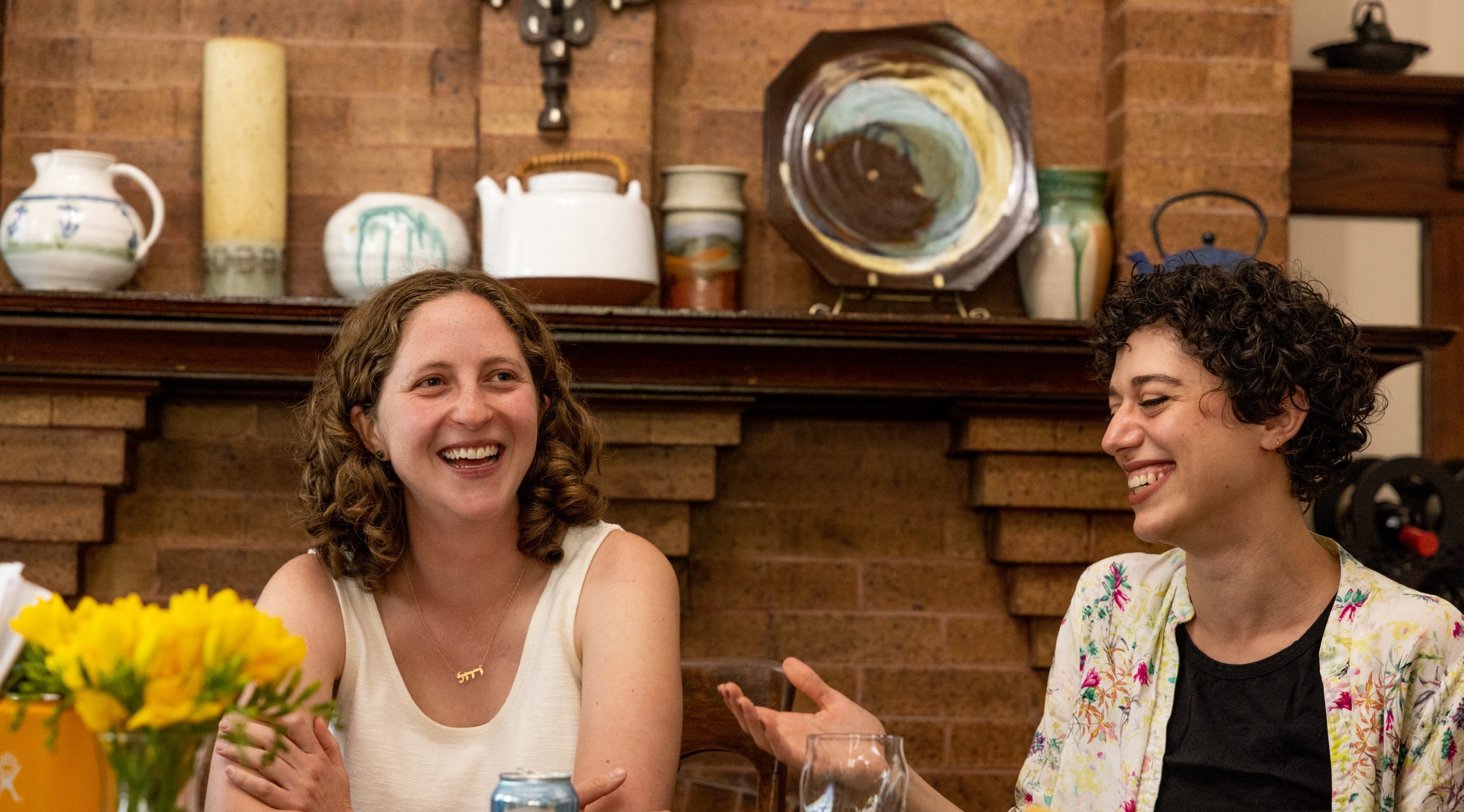The Long and Winding Road (Balak 5784)
A couple of friends sent me David Brooks’s column in the New York Times last Friday. While the headline made it seem that the column was about “Trump’s enduring appeal,” the column itself might more accurately be summarized as a reflection on, as Brooks put it, “the deeper roots of our current dysfunction.” As one of my friends said, they thought I might resonate with Brooks’s analysis, and especially his conclusion, that the “work of cultural repair will be done by religious progressives, by a new generation of leaders who will build a modern social gospel around love of neighbor and hospitality for the marginalized.” They were right. I do like a lot about Brooks’s analysis, and I do...
Don’t Have a Cow (Chukat 5784)
This isn’t a political space and I don’t intend to make it one here. But I also feel a need to talk about politics this week. Wish me luck. For the last couple of weeks I’ve been experiencing a deep feeling of unease. I have found it hard to focus. I’m more easily distracted than usual. My sleep hasn’t been as good. And it’s not about anything in my personal life–everyone is more or less okay, thank God–or even, at this point, having to do with the situation in the Middle East, which we’ve been living with for too many months. No, the source of my anxiety is pretty clearly the combined effect of some enormously significant Supreme Court rulings at the end of June and the national...
Pre-Passover Pausing in the Kitchen Practice
For those who observe the practice of kashering our kitchens for Passover, this process can induce a lot of excitement, but it can also engender a small or great deal of anxiety for many. Changing over the dishes; removing every scrap or loaf of chametz/ leavened goods from the fridge, the freezer, the pantry; from the floor (tiny crumbs count!); from the oven and the stove; from the seat...
Pesach and the Omer: An Opportunity for a Spiritual Reset
Especially in this deeply fraught and challenging year, Pesach – and the seven week period leading to Shavuot – offers all a precious opportunity for a “spiritual reset.” This part of the Jewish yearly cycle resonates powerfully with our mindfulness practice, which invites us to explore our inner life with curiosity, growing in awareness of our reactive, fear-based habits. Attending with...
Rising Above the Waves of Fear and Anger After October 7
Originally published on Times of Israel on March 27, 2024These are fearful times that try our souls. Our nervous systems are overwhelmed by the ongoing trauma of October 7, the devastation of the Israel-Gaza war, surging antisemitism, political turmoil, and more. Threatened on so many fronts, our default inclination as human beings is to speak and act reactively, or remain frozen in silence. Our...
Mitzvah Means Connection: Tzav 5784
The other day I listened to a talk by one of my favorite teachers of mindfulness, Gil Fronsdal, about the war in Israel and Gaza. I listen to Gil's meditations and short talks several times a week. I'm drawn to the clarity, simplicity, and depth of his teaching. I find that practicing with him early in the morning, or while I'm walking the dog, is helpful. Like his previous talk on the war last...
Purim 5784: Quit Rage
When my son Toby was seven or eight years old, we watched the Revenge of the Sith, the third of the Star Wars "prequel" movies—the one that tells the story of how Anakin Skywalker became Darth Vader (spoiler alert, I guess—but, really?). In the climactic scene, as Anakin is about to battle his master Obi-Wan Kenobi, his eyes are yellow with rage. He has been overtaken by anger. He shouts at...
That’s What Friends Are For: Pekudei 5784
One of the main reasons Natalie and I moved to Skokie eleven years ago was so that our children would have other kids to play with on Shabbat afternoon. We had previously lived in Evanston, which had a wonderful but very small shomer Shabbat community. There were basically the same few kids, and no one else at our children's grade levels. When Toby came along, we realized we wanted a different...
Enough is Enough: Vayakhel 5784
I travel frequently for work. My checklist of things to do before I leave home includes not only packing undershirts and a toothbrush, but also emptying the compost bin that sits next to our sink. I seem to be the member of my family who can stand the smell the easiest. So before I get in the taxi to the airport, I dump the compost into the larger bin outside. I therefore think about the compost...
The Idol of the Fourth Wall: Ki Tissa 5784
On Monday night, for the first time since before I had children (meaning at least 21 years ago), I went to the opera. Not just any opera, but the premiere of a new production of Verdi's La Forza del Destino at the Met--a production that lasts four hours and involves a huge cast and elaborate sets. And, because it was opening night, there were a lot of people decked out in their finery. It was a...
Cultivating Joy, Here and Now
משנכנס אדר מרבין בשמחהWhen Adar arrives we abound in joy –Babylonian Talmud Ta’anit 29 An enormous wave of renewed fear and reawakened trauma has been washing over us since October 7. As we follow the news while the war rages on, our joy may be eclipsed by deep-seeded patterns of self-protection, our nervous systems may be highly aroused, landing us in fight or flight mode as we brace ourselves,...
Clothing Inside and Out: Tetzaveh 5784
I was boarding an airplane recently when the man in front of me, who looked to be about 20 years my senior, turned and asked, "How long have you worn a kippah?" He was not wearing a kippah, so I was a little startled by this very direct question. But my mind picked up on other cues and quickly filled in a story that he was Jewish and was asking this question out of a sense of solidarity. ...
Habits of the Heart: Terumah 5784
The other night I pulled off our bookshelf a thick volume from my childhood, "The Complete Book of U.S. Presidents." I was into politics and government as a kid, and at some point (before the presidency of Bill Clinton, to judge by the men profiled in the book) I had acquired this one. I'm still something of a government nerd--my kids sometimes get out the almanac on...
A Conversation with Rabbi Toba Spitzer
We are grateful to Rabbi Toba Spitzer for speaking with IJS President & CEO, Rabbi Josh Feigelson! Please enjoy the conversation recording below. Rabbi Toba Spitzer has served Congregation Dorshei Tzedek since she was ordained in 1997 at the Reconstructionist Rabbinical College (RRC). Rabbi Spitzer is a popular teacher of courses on Judaism and economic justice,...
Factory Reset: Mishpatim 5784
As I'm regularly privileged to do, I spent part of this first week of February with 50 rabbis and cantors, some of the 530 alumni of our IJS clergy cohort programs, during our annual Hevraya retreat in Simi Valley, California. First and foremost: We were all okay with the weather. Thankfully, the American Jewish University's Brandeis-Bardin Campus, where we have long held...
Homeward Bound: Yitro 5784
In some of my recent morning meditation sits, I've noticed a feeling of sadness and grief arising. Yes, of course, there's plenty of cause for sadness and grief in the world and amongst the Jewish people. But this grieving was coming up from a different place. It's some anticipatory grieving around a subtle but significant shift in the life stage my wife and I are going...
Aging Well (Beshallach 5784)
In a casual conversation the other day with my dear friend Marvin Israelow, our board chair at IJS and someone nearly 30 years my senior, I shared with him that one of the many blessings of my job is being in the presence of so many people who are "doing aging well." He asked what I considered aging well. I considered his question and responded that I thought it included a...
Turn, and Be Turned: A Mercy Unique and Unpredictable
When my son, who has autism, was young, I took him to synagogue on Rosh HaShanah so he could hear the shofar blasts. Listening to the shofar being blown was a physical, sacred focal point on this High Holy Day, and I wanted him to feel included in this regal, ritual re-enactment of the birthday of the world. And I wanted to share these meaningful moments together. As soon as we...
Getting Tefillined: Bo 5784
For the last decade or so, my family's winter vacation has been a time to get together with my wife's sister and her husband. She's a diplomat, so they're often stationed in interesting places (and have free housing to offer us). And when they're not in a foreign country, we have a chance to go to other interesting places together: skiing, warm weather places, places where...
Vaera 5784: Pressing Pause
When I first started at IJS just about four years ago, one of the good pieces of advice I received was to hire an executive coach. Robin Bernstein, who had served as our interim executive director before I started, stood out to me as a perfect person to support me in that way, and thankfully she agreed to do so.During our weekly sessions, I would share my latest ideas on...




